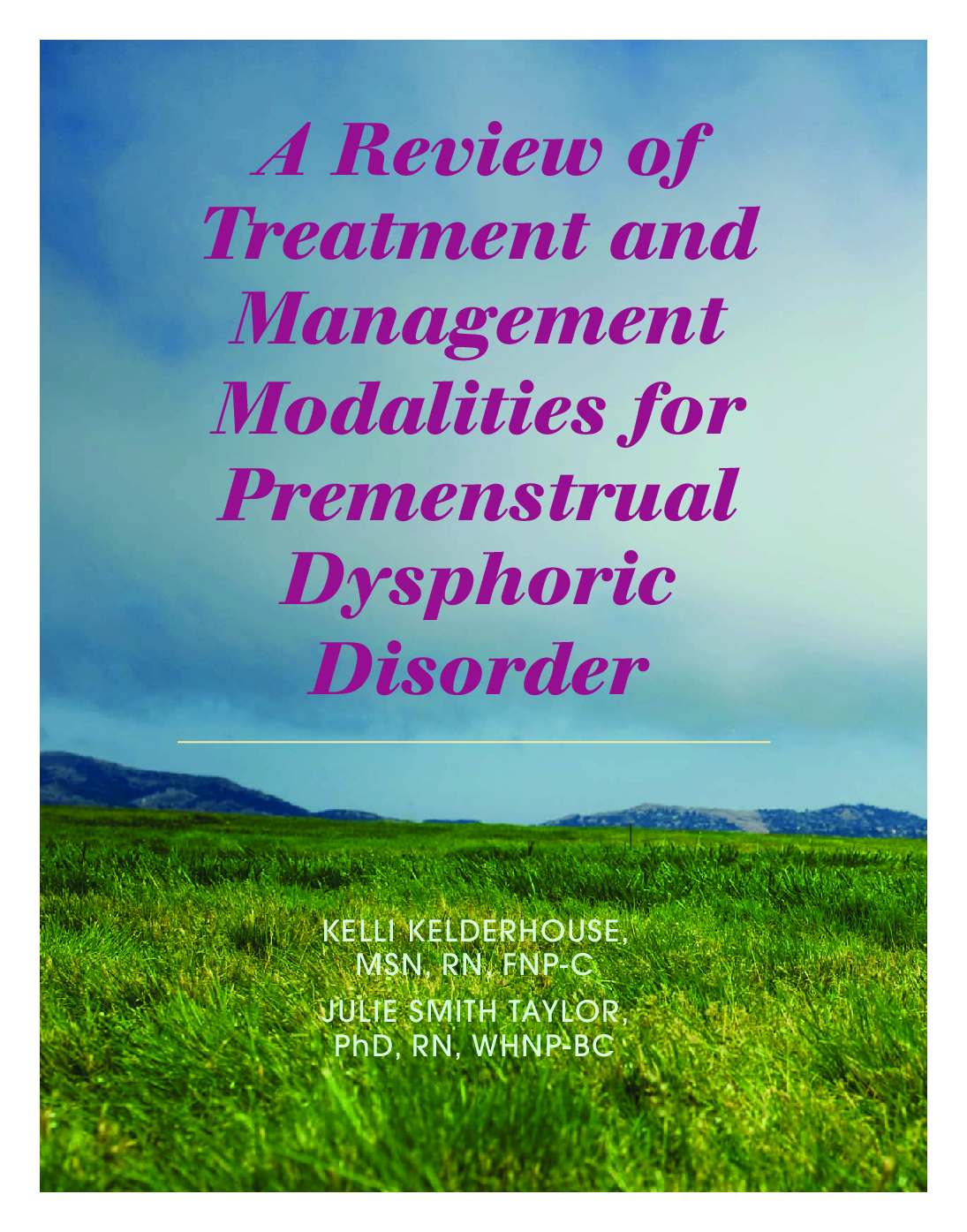| Article ID | Journal | Published Year | Pages | File Type |
|---|---|---|---|---|
| 2634434 | Nursing for Women's Health | 2013 | 12 Pages |
Abstract
Premenstrual dysphoric disorder (PMDD) affects 5 to 8 percent of women and can significantly decrease their quality of life. Symptoms generally present during the late luteal phase of the menstrual cycle and can affect women emotionally, behaviorally, cognitively and physiologically. This article reviews the clinical literature on PMDD and the evidence behind various methods of symptom management. Evidence suggests that a holistic approach, including lifestyle modifications, pharmacotherapy and cognitive behavioral therapy, is most beneficial for symptom reduction and improvement in daily functioning and quality of life.
Related Topics
Health Sciences
Medicine and Dentistry
Obstetrics, Gynecology and Women's Health
Authors
Kelli MSN, RN, FNPâC, Julie Smith PhD, RN, WHNPâBC,
